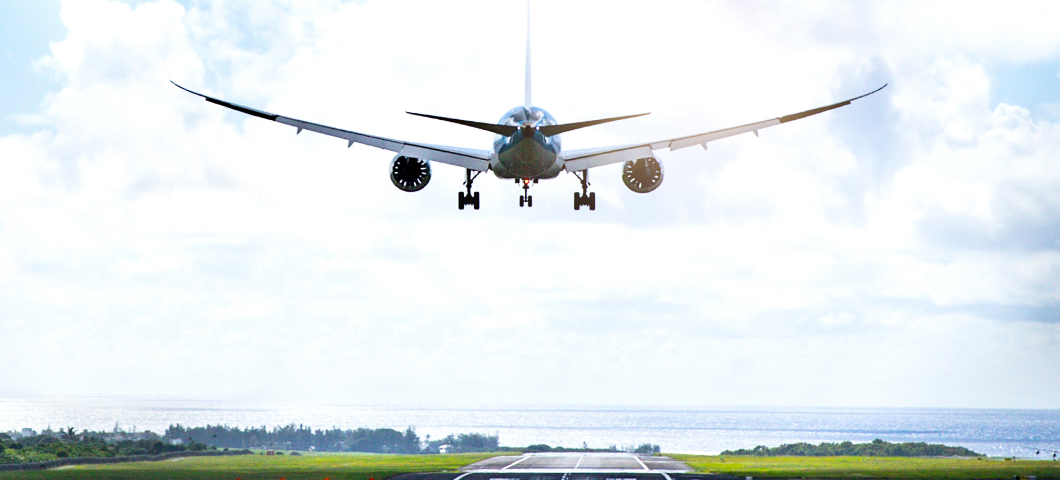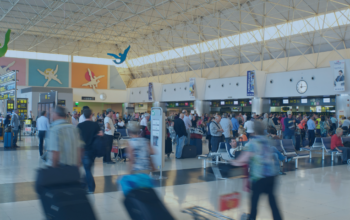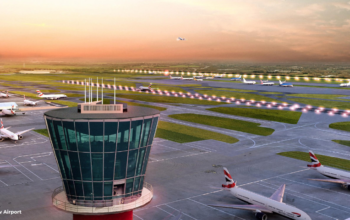
CO2 benefits of shifting short-haul flights to rail are limited – a new study confirms
On the wave of the global drive towards faster decarbonisation across all sectors of the economy, transport and aviation in particular have come under a new level of scrutiny. One solution oft proposed under the guise of a quick carbon win is a modal shift from air to rail, further bolstered both by massive investment in rail infrastructure and by bans and taxes on short-haul flights in certain countries. A new study commissioned by European aviation associations, including ACI EUROPE, and carried out by economics and finance consultancy Oxera confirms that the extent to which rail travel can substitute for air travel is limited.
The report, “Short-haul flying and sustainable connectivity“, highlights the fact that the picture is far more complex than simply shifting from one transport mode to another. Building new railway lines has a high environmental cost due to the CO2 emissions associated with cement and steel production, and emissions from the fuel used for construction of infrastructure. The study also identifies significant impact on biodiversity and damage to wildlife habitats as additional environmental factors.
Undeniably, multiple factors need to be considered when assessing the optimal policy for short-haul aviation in Europe, therefore factual accuracy and proportion should steer the debate.
Find out more about the findings of the Report.
Download your copy.



